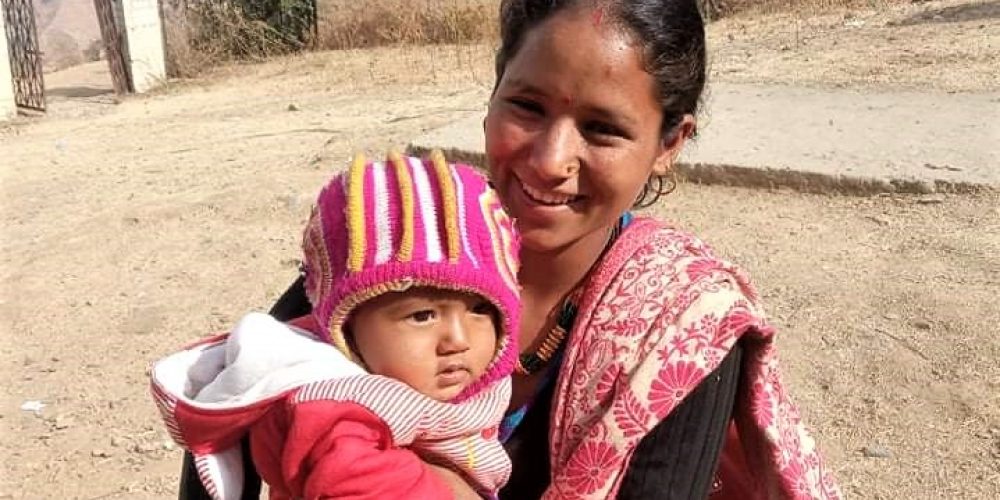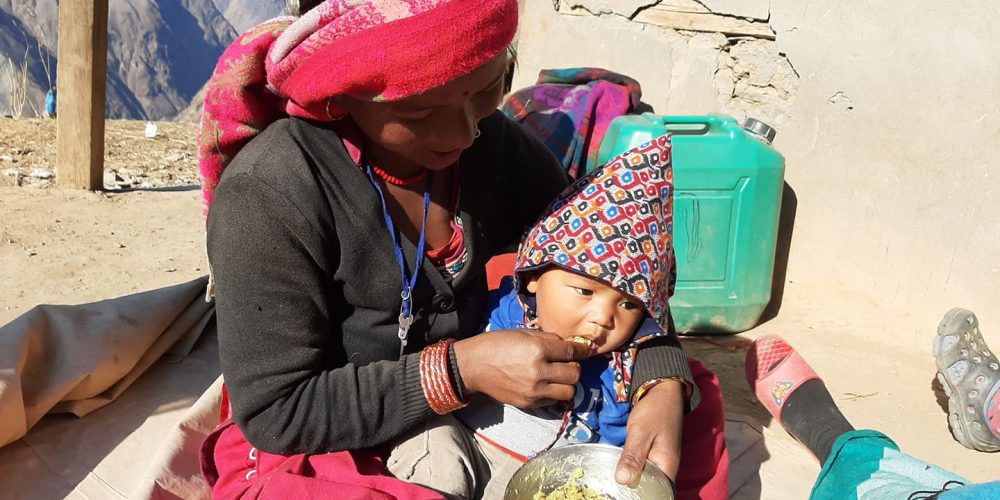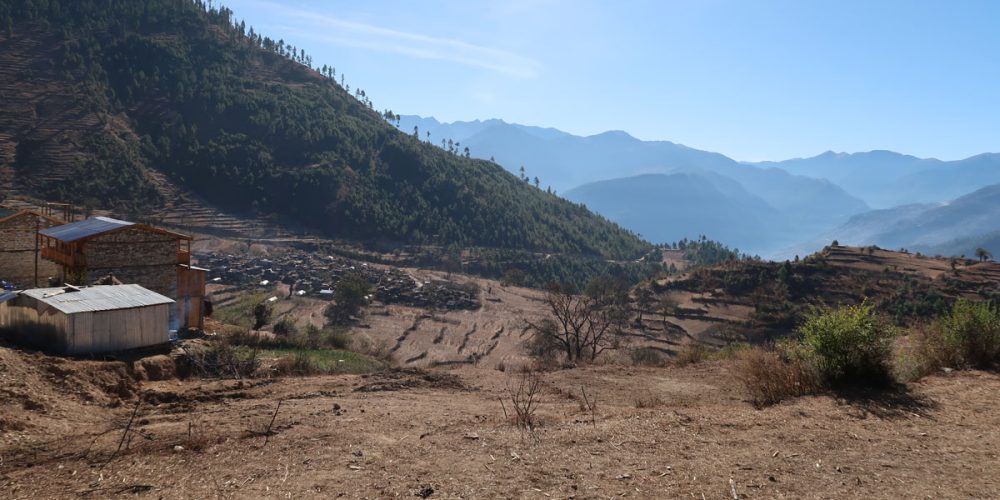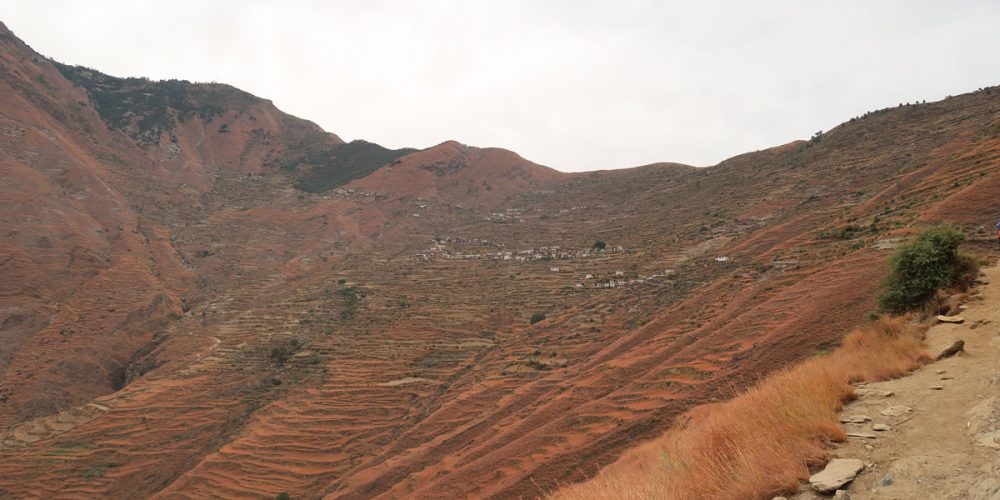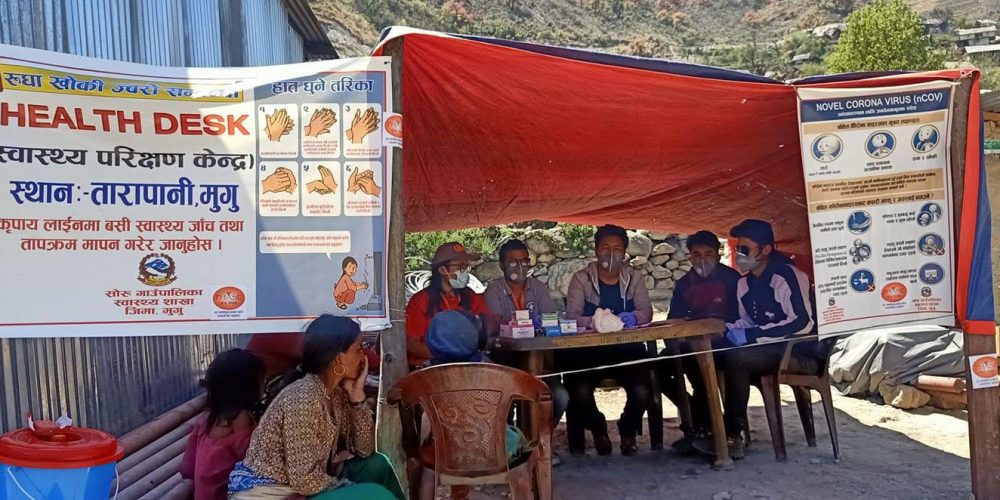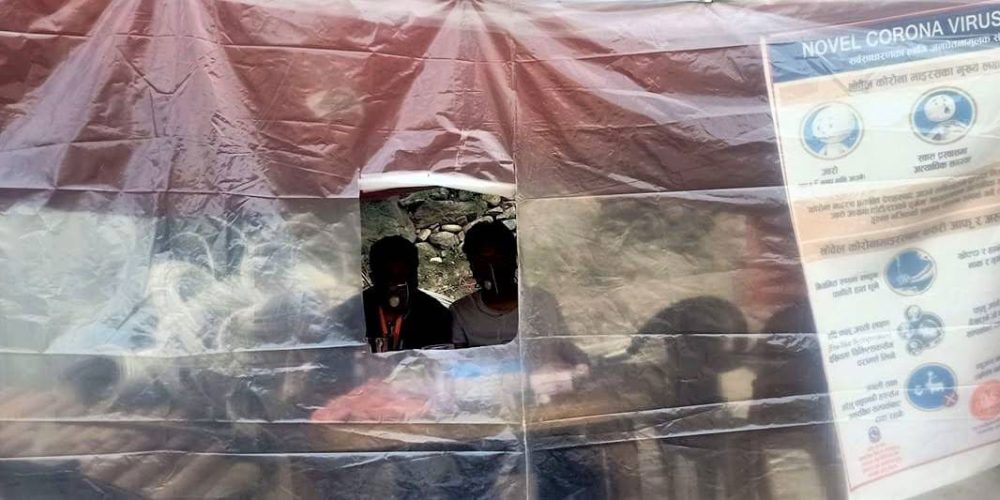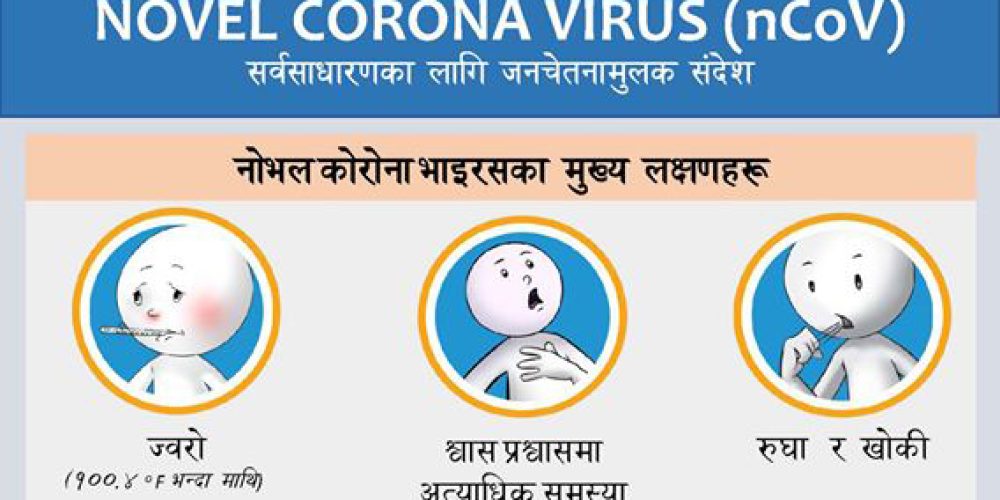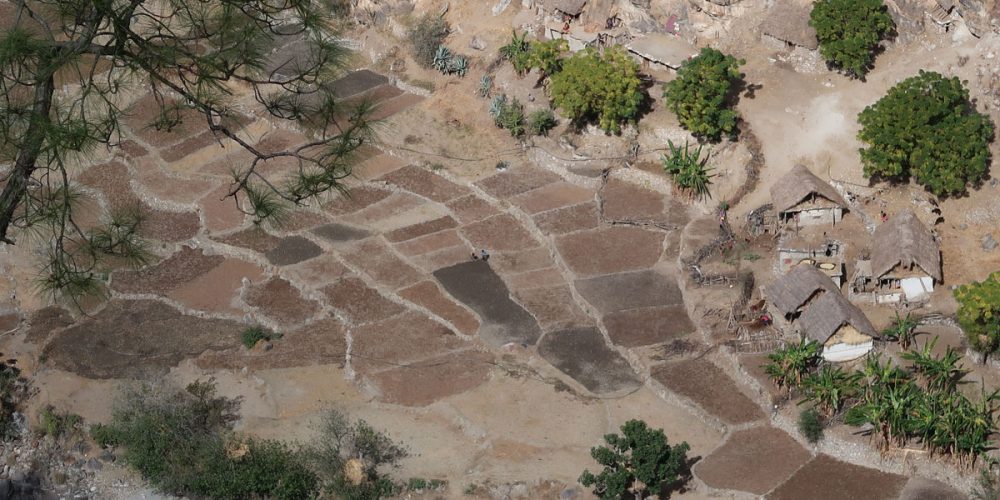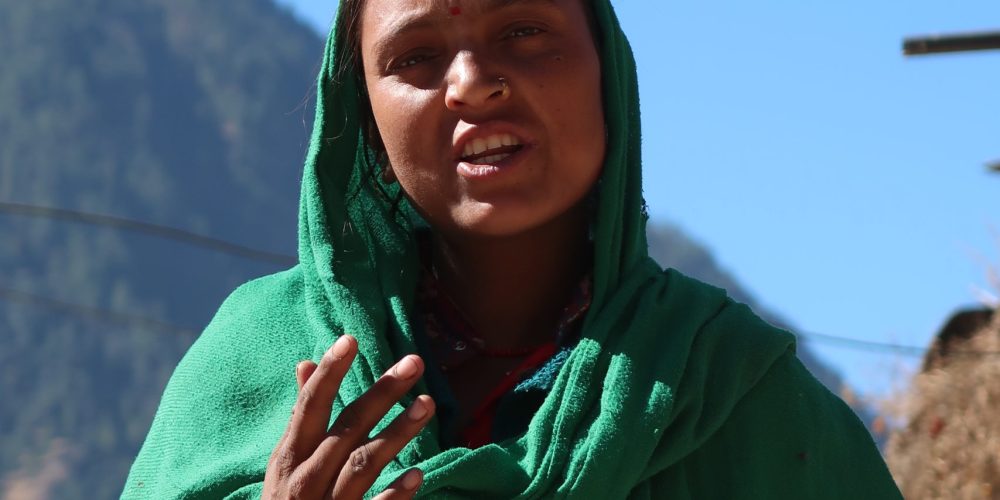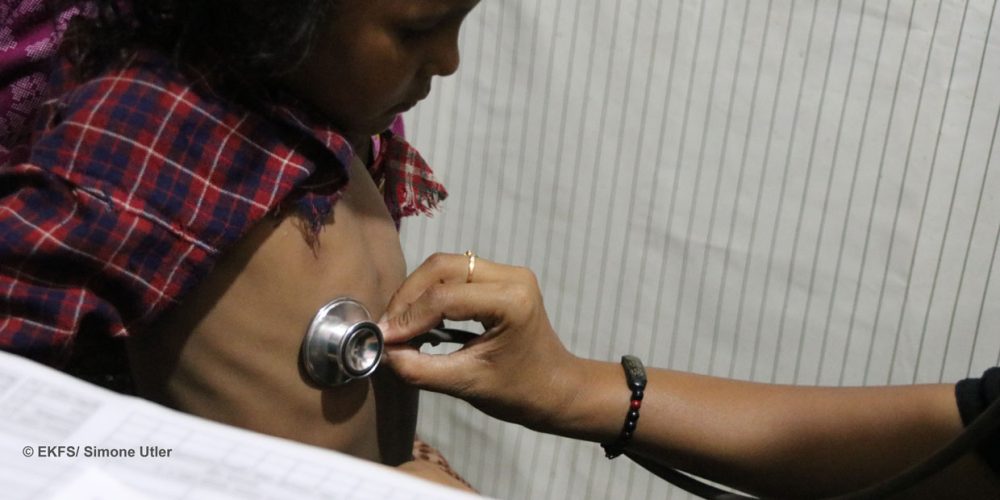An article on PHASE’s work in maternal and child health in the Karnali region has just been published in “Weltnachrichten”, the Austrian Development Agency’s magazine. It details the way in which a better service in primary healthcare, awareness raising, and agricultural projects interact to ensure a long-term improvement of the region’s people – one of the most disadvantaged regions of Nepal. Unfortunately, the article is only available in German.
With funding from the Austrian Development Agency (ADA), we are able to expand our commitment in the Karnali Region in northwestern Nepal: In four communities in Bajura and Humla, we will support a maternal and child health programme, which will focus on the issue of nutrition like the ongoing programme in neighbouring Mugu District. By raising awareness, agricultural trainings and support of vegetable farming and cash crops like kiwi and spices, the most disadvantaged people in this remote region will be enabled to produce healthier, more diverse food for themselves and their children and thus improve their life chances. About a third of the total population of 14,100 people will […]
In December, we are launching a new project in Bama, Mugu. The project, funded by the City of Vienna, aims to improve the commmunity’s drinking water supply, at the same time relieving the burden of carrying water for women and girls, and in general improving the sanitary situation in these villages. For more information, please see the project description. PHASE Austria has been supporting the PHASE health programme in Bama since 2018. The project duration is one year. We would like to thank the City of Vienna for its support!
In Bihee, where PHASE was able to launch its health programme last November thanks to funding from Else Kröner-Fresenius-Stiftung, a first baby was born in the newly-established birthing centre last week. The baby – a boy – and his mother are fine, and they were taken home by their family and friends with music and celebrations. This means great progress for this community – Bihee is an extremely remote village, situated several hours on foot between two more frequented routes, and it will most probably take years for it to get road access.
Nepal has now been in lockdown since March 23, which helped keep the number of cases at a low 100+. The World Health Organisation WHO currently still categorises the situation in Nepal as “sporadic cases”. This week, the lockdown was again extended until May 18; international flights are currently suspended until May 31. As expected, the identified cases cluster in districts along the Indian border, where many migrant workers have returned to the country, and of course Kathmandu – see the map below. So far, no cases have been identified in the remote PHASE project regions, even though some of them have conducted targeted screenings. As reported, PHASE Nepal already […]
Since Tuesday, 23 March, Nepal is in lockdown to avoid a spread of the Corona virus. So far, Nepal has only two active confirmed cases, but just as in other countries, there probably are many unidentified cases, partly because many Nepalese migrant workers have returned to Nepal over the past weeks. Already two weeks ago, PHASE Nepal set in motion a contingency plan and bought masks and other safety equipment which has been sent to the remote project villages. PHASE staff has been informed of safety measures and are now able to advise those at risk and check recent returnees – mostly migrant workers from India and the Gulf – […]
Although Nepal has not been much affected by the Corona Virus so far – there is only one confirmed case until now – the Nepalese government and our partner organisation PHASE Nepal are preparing contingency plans to contain its effects. PHASE Nepal strongly relies on information and awareness raising among its staff and among the communities they work in, as well as planning ahead for the probable needs in additional material and medication. Nevertheless, we will have to expect the incidence to rise in Nepal as well, which means an additional burden on an already weak healthcare system. This will affect our projects, and most of all PHASE Nepal’s staff. […]
This is the time of the year when it is tempting to look back and think about the past year – and this brings me to the first point of order: a heartfelt thank you to all our supporters and friends! Without private donations guaranteeing our independence, we would simply be unable to support PHASE’s work in Nepal! Women in Luma, one of the project communities In the past year, this enabled us to win substantial support from Else Kröner-Fresenius-Stiftung for PHASE’s maternal and child health programme in Mugu, as well as funding from the City of Vienna for a Girls’ Empowerment Programme in neighbouring Bajura district. In this context, […]
In this video, a young woman from Luma, Mugu district in western Nepal, describes her views of the impact of PHASE’s health programme on the lives of local women:
World Health Day is a reminder that the human right to health and wellbeing defined in Goal 3 of the UN Sustainable Development Goals is far from being ensured, in particular in resource-poor countries of the Global South and amongst disadvantaged groups. The PHASE family have been working to help provide quality primary health care to remote Nepali communities, in particular to mothers and children.

